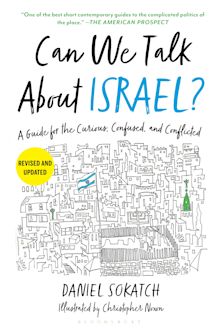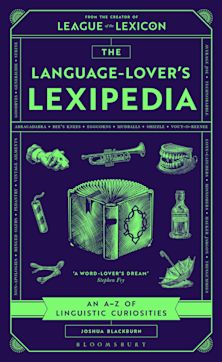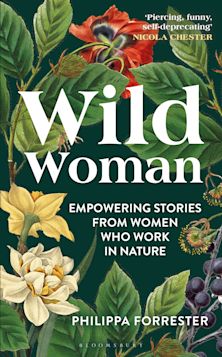- Home
- NON-FICTION
- Literary Non-Fiction
- How the World Made the West
Select a format
How the World Made the West
'World history at its best' Simon Sebag Montefiore
How the World Made the West
'World history at its best' Simon Sebag Montefiore
You must sign in to add this item to your wishlist. Please sign in or create an account
Description
What does history look like without 'civilisations'? Josephine Quinn calls for a major reassessment of the West and the concepts that define it.
The West, history tells us, was built on the ideas and values of Ancient Greece and Rome, which disappeared from Europe during the Dark Ages and were then rediscovered by the Renaissance. In a bold and magisterial work of immense scope, Josephine Quinn argues that the true story of the West is much bigger than this established paradigm leads us to believe. So much of our shared history has been lost, drowned out by the concept – developed in the Victorian era – of 'civilisations'.
Quinn reveals a new narrative: one that traces the relationships that built what is now called the West from the Bronze Age to the Age of Exploration, as societies met, tangled and sometimes grew apart. She makes the case that it is contact and connections, rather than distinct and isolated civilisations, that drive historical change. It is not peoples that make history – people do.
Product details
| Published | 14 May 2025 |
|---|---|
| Format | Paperback |
| Edition | 1st |
| Extent | 576 |
| ISBN | 9781526605221 |
| Imprint | Bloomsbury Publishing |
| Dimensions | 198 x 129 mm |
| Publisher | Bloomsbury Publishing |
About the contributors
Reviews
-
Quinn keeps the revelations coming at a fair lick . . . Quinn has done a lot more than reinvent the wheel. What we have here is a truly encyclopaedic and monumental account of the ancient world. In 400 crisp pages, 30 societies are paraded before us with comparative reflection and world-weary wit. Better still, Quinn's book is polemical. These days, far too many academic historians worship at the altar of nuance rather than argument, with the result that the reader closes the book not with a spirit of contentment, but rather with a question: so what? Not here
Pratinav Anil, The Times
-
The book is rich in marvellous detail, and succeeds in making the pre-classical world come to life . . . Full of little gem-like shifts of perspective . . . Most of all, the book triumphs as a brilliant and learned challenge to modern western chauvinism
Steven Poole, Guardian
-
Quinn demolishes the underlying concept of what she calls “civilisational thinking”. Her argument is simple, persuasive and deserving of attention . . . A brisk, scholarly romp across the arc of European history . . . This retelling of the West's story scintillates with its focus on the unexpected and on the interstices between realms and eras rather than on history's big, solid bits. But it is also an admirable work of scholarship . . . Even seasoned history buffs will find much that is new and fascinating. How the World Made the West joins a growing sub-canon of works that explores the broad sweep of history using new intellectual framings, such as Yuval Noah Harari's Sapiens (2011), Peter Frankopan's The Silk Roads (2015) and Fall of Civilisations . . . Whoever thought history was passé could not be more wrong
Economist
-
The evidence Quinn has accumulated is rich in arresting detail and she delivers it with engaging gusto . . . Quinn is acutely alive to the ways in which the remote past can serve modern political uses . . . An immense achievement
Lucy Hughes-Hallett, New Statesman
-
Quinn's purpose is to dethrone the “privileged connection” between the ancient Greeks and Romans and the modern west, and focus instead on the millennia of interaction with other cultures . . . Quinn pursues this claim with an impressive display of rigorous scholarship lightly worn, successfully covering a huge amount of material
Tristram Hunt, Financial Times
-
How the World Made the West has plenty of myths about the ancient world to dispel . . . Show[s] that progress in the ancient world and beyond was driven by connections between peoples and places rather than by discrete cultural centres (namely Greece and Rome) . . . The vicissitudes in each centre's fortunes make for a dynamic narrative, as cities that were once great are swept away, and new ones spring up in their wake . . . It is one of the strengths of How the World Made the West that it forces us to think outside the usual parameters of antiquity
Daisy Dunn, Telegraph

































